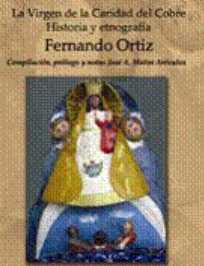4.4.2.9 Other topics in the essay work of Fernando Ortiz (1881 – 1969)

Fernando Ortiz’s essay career was so vast and extensive that it is difficult to capture all the areas of knowledge in which he moved. Education is one of those that has been dispersed because it was not treated systematically, although the importance he gave to culture in terms of the country’s development also implied the expansion of the perspectives of education for the popular strata.
In 1945, he published “Cuban School Statistics,” and between 1949 and 1950, he gave several speeches as president of the Cuban Seminar for Education, in which his perspective on the subject, from the perspective of individual and collective liberation, can be appreciated.
His cultural studies focused on Cuban painting. In this sense, the pictorial work of Wilfredo Lam captured part of his attention, reflected in the texts “Wilfredo Lam and his work seen through critical meanings” (1950) and “The visions of Lam” (1963), which were also motivated by his Africanist concerns.
He also published “Prayer to Martí” in 1953, as a tribute to the Apostle’s centenary, thus making explicit his admiration for the Apostle’s revolutionary leadership, although his ideas were already woven into the scientific and cultural foundations of Ortiz’s work.
Other topics also linked to Cuban culture, but sometimes outside of theoretical research, were included in his essays “Cuban Biography of Coffee” and “Afro-Cuban Cuisine,” which demonstrate his broad understanding of the elements that shape culture, free from elitism and pseudoscience.
In general, Fernando Ortiz moved across a notable thematic spectrum, but in all of them, his investigation into the truly insular Cuban, in relation to the universe, and a relational conception of phenomena, fields of knowledge, and cultural processes, from which his studies are inclusive and integrative of all manifestations of the human, without theoretical prejudices, are key.








